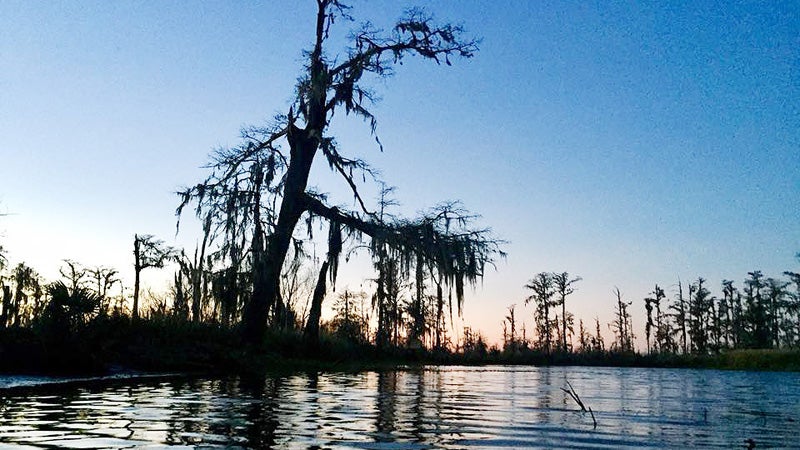(The Center Square) – The U.S. Supreme Court said the Biden Administration’s Waters of the United States rule under the Clean Water Act extends to “only those wetlands that are as a practical matter indistinguishable from waters of the United States.”
The issued Thursday erodes the rule that would have brought all of the nation’s streams and wetlands under the authority of the Environmental Protection Agency, a rule that U.S. Sen. Kevin Cramer, R-N.D., compared to “regulating puddles.”
“The Court was right to rein in the EPA’s quest to regulate to the raindrop,” Cramer said in the statement.
Justice Samuel Alito wrote the Court’s opinion and said the term “WOTUS” has always been uncertain.
“Does the term encompass any backyard that is soggy enough for some minimum period of time? Does it reach ‘mudflats, sandflats, wetlands, sloughs, prairie potholes, wet meadows, [or] playa lakes?’ How about ditches, swimming pools, and puddles?” Alito wrote in the opinion.
The 5-4 decision drew praise from members of Congress and governors from around the country, who, like Cramer, have said the rule was unclear. Alaska has more than three million lakes and nearly a million miles of rivers, and the state had a big stake in the case, Alaska Gov. Mike Dunleavy said.
Alaska Department of Environmental Conservation Commissioner Jason Brune said the opinion would force the EPA to return to the drawing board.
“Of late, federal agencies have exploited the ambiguous WOTUS definition to expand their jurisdictional reach to cover wetlands in Alaska with only a remote connection to traditionally navigable waters,” Brune said. “Not any longer.”
Not everyone was happy with the decision.
“My administration is deeply disappointed in this Court which has once again sided with special interests and polluters, by severely lessening protections for drinking water, wetlands, and tributaries,” said Colorado Gov. Jared Polis.
“As a public health agency, EPA is committed to ensuring that all people, regardless of race, the money in their pocket, or community they live in, have access to clean, safe water. We will never waver from that responsibility,” Regan said in a statement. “I am disappointed by today’s Supreme Court decision that erodes longstanding clean water protections.”





